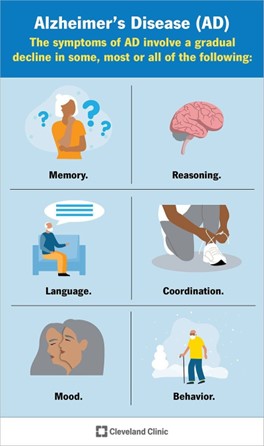A nurse is caring for a client who has a new colostomy. The client tells the nurse, "I don't want anyone to
see me with this bag." Which of the following responses should the nurse make?
Many people have colostomies, and they live full lives
"Would it help to speak to someone else who has a colostomy?
Why don't you want people to see the colostomy bag?
The colostomy is probably only temporary
The Correct Answer is A
a. "Many people have colostomies and they live full lives."
Explanation:
The correct answer is a. "Many people have colostomies and they live full lives."
When a client expresses concerns or distress regarding their colostomy and not wanting others to see the colostomy bag, it is essential for the nurse to provide support and reassurance. Responding by acknowledging that many people live full lives with colostomies helps normalize the experience and offers hope to the client.
Option b, "Would it help to speak to someone else who has a colostomy?" may be a helpful suggestion, but it should not be the initial response. First, it is important to provide immediate reassurance and support to the client before exploring additional resources or contacts.
Option c, "Why don't you want people to see the colostomy bag?" may be seen as invasive and may put the client on the spot, potentially making them feel uncomfortable or defensive. It is important to create a safe and non-judgmental environment for the client.
Option d, "The colostomy is probably only temporary," assumes information about the client's specific situation that may not be accurate. It is important to avoid making assumptions about the duration or permanence of the colostomy unless the client has shared that information. Providing false reassurances can negatively impact the client's trust and emotional well-being.
By responding with the statement that many people live full lives with colostomies, the nurse offers support, normalizes the client's experience, and promotes a positive outlook for the client's future.
Nursing Test Bank
Naxlex Comprehensive Predictor Exams
Related Questions
Correct Answer is A
Explanation
Immunocompromised individuals have a weakened immune system, which makes them more susceptible to infections. Soiled linens, when placed on the floor, can potentially harbor pathogens and become a source of contamination. It is essential to handle soiled linens properly by placing them in designated containers or bags to prevent the spread of infectious agents.
Uncapped sharps put in a puncture-resistant container: This is the correct practice for disposing of sharps, such as needles or lancets. Uncapped sharps should always be placed in puncture-resistant containers to prevent accidental injuries and potential transmission of infections.
Dampened cloths used for dusting the area: Dampened cloths for dusting can help minimize the dispersal of dust and allergens, but it does not necessarily pose a significant risk of infection.
However, it is important to ensure that the dampened cloths are properly cleaned and sanitized to prevent the growth and spread of microorganisms.
Waste containers lined with single bags: Waste containers lined with single bags are a common practice for proper waste management and disposal. While it is important to maintain good waste management practices to prevent the spread of infections, the use of single bags alone does not significantly affect the risk of infection for immunocompromised clients.
Correct Answer is B
Explanation
b. Give directions using simple phrases.
The correct answer is b. Give directions using simple phrases.
Explanation:
When assisting with the plan of care for a client with Alzheimer's disease, it is important to consider their cognitive impairments and provide appropriate interventions. Giving directions using simple phrases is recommended because it helps the client beter understand and follow instructions. Complex or lengthy directions can be confusing and overwhelming for individuals with Alzheimer's disease. Using clear and concise language can enhance communication and facilitate the client's ability to engage in activities of daily living.
Explanation for the other options:
a. Encourage the client to talk about current events: While social interaction and engagement are beneficial for clients with Alzheimer's disease, their ability to comprehend and discuss current events may be limited due to cognitive impairments. It is important to adapt communication to the client's cognitive abilities and interests.
c. Orient the client to time and place twice per day: Frequent orientation to time and place can be helpful for clients with Alzheimer's disease, but the specific frequency should be based on the individual's needs and preferences. Some individuals may require more frequent orientation, while others may find it overwhelming. The plan of care should be individualized to address the client's specific needs.
d. Rotate assistive personnel to help the client with ADLs: Consistency and familiarity are important for individuals with Alzheimer's disease. Rotating assistive personnel frequently may disrupt the client's routine and cause increased confusion and agitation. Whenever possible, it is best to maintain a consistent caregiving team to provide familiarity and establish a therapeutic relationship with the client.
In summary, giving directions using simple phrases is an appropriate action when assisting with the plan of care for a client with Alzheimer's disease. This approach promotes effective communication and enhances the client's ability to understand and follow instructions.

Whether you are a student looking to ace your exams or a practicing nurse seeking to enhance your expertise , our nursing education contents will empower you with the confidence and competence to make a difference in the lives of patients and become a respected leader in the healthcare field.
Visit Naxlex, invest in your future and unlock endless possibilities with our unparalleled nursing education contents today
Report Wrong Answer on the Current Question
Do you disagree with the answer? If yes, what is your expected answer? Explain.
Kindly be descriptive with the issue you are facing.
